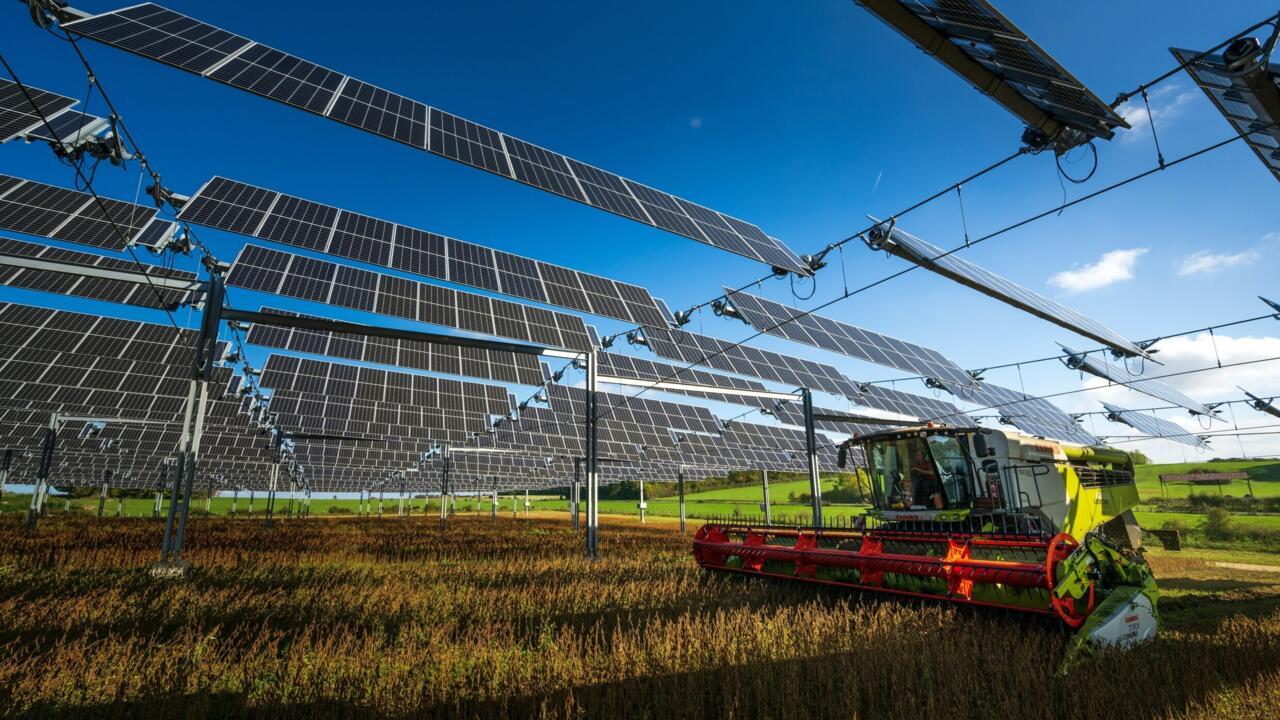The European Union’s focus has pivoted to competitivity amid concerns over sluggish economic growth — in a significant move away from EU chief Ursula von der Leyen’s first mandate that focused on tackling climate change.
The issue has taken on acute urgency with US President Donald Trump pushing an America First strategy that risks a trade war with the EU.
Exasperated companies — as well as key powers France and Germany — are urging Brussels to make it easier to do business and bring down energy costs, which are higher than in the United States.
With their concerns in mind, the European Commission will unveil a package of proposals that leaked draft documents, seen by AFP, indicate will include watering down green standards as well as measures to cut energy costs and strengthen the clean tech sector.
They will need approval from EU states and the European Parliament.
At stake are new rules on environmental and human rights supply chain standards — adopted with fanfare barely months ago but now attacked as too burdensome for businesses.
“The reality is there is an increasingly tense geopolitical context and we cannot ask our companies to invest massively in reporting resources when they should be in a war economy and are in the midst of decarbonising,” EU industry chief Stephane Sejourne said.
Clipping green rules
Two major texts are in the EU’s firing line: the Corporate Sustainability Reporting Directive (CSRD), which requires large firms to give investors and other “stakeholders” information on their climate impacts and emissions, and steps taken to limit them.
The other is the Corporate Sustainability Due Diligence Directive (CSDDD) — passed last year — which demands large companies fix the “adverse human rights and environmental impacts” of their supply chains worldwide.
In a draft document, the EU says companies must report on supply chains every five years rather than annually, which will “significantly reduce burdens”.
It added the commission would make larger companies — with more than 1,000 employees — comply.
Today, the rules apply to firms with over 250 employees and a 40-million-euro ($42-million) turnover.
Past ‘mistakes’
The changes will likely be hotly debated in the EU parliament, with centrists, left-wing and green lawmakers opposed to weakening environmental rules — although some liberals said they accepted changes.
French centrist Marie-Pierre Vedrenne now considers the rules to have been a “mistake”, despite previously voting for them.
“The world is completely changing,” she said. “I think we need to say at the European Parliament ‘OK, sometimes we make mistakes'”.






